Meet the people behind eduPED
The eduPED consortium involves partners located in Austria, Italy, Romania, Spain, and The Netherlands, which are characterised by 4 distinct European climatic zones, varying building properties, and diverse socio-economic contexts. This international setting ensures that the proposed PED solutions will comprise a wide range of factors, making the project results more robust and generalisable to other districts and cities.
Together, we work across disciplines and borders to drive the transition toward Positive Energy Districts through science, collaboration, and real-world innovation.
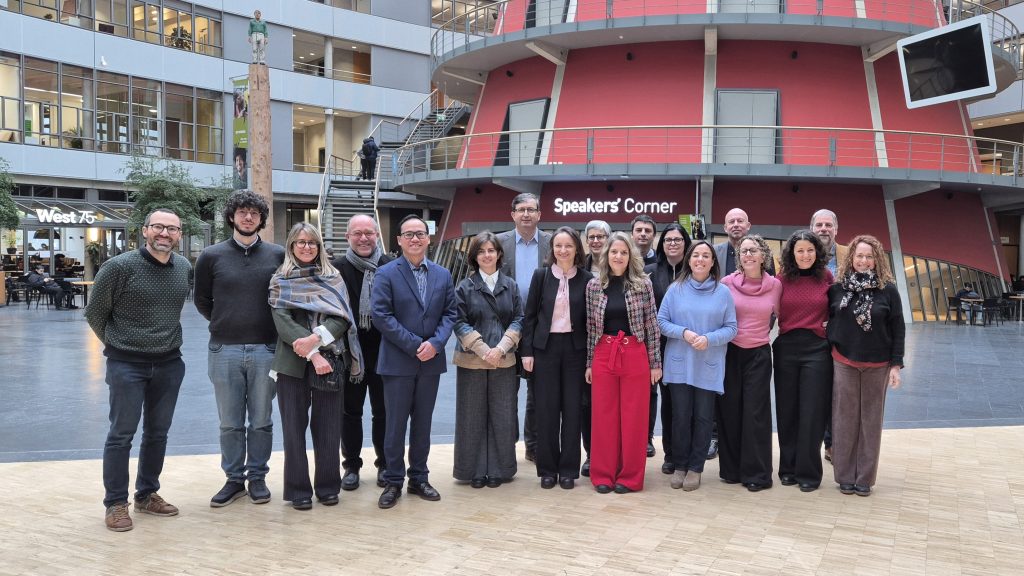
Partners
Universities
Organisations
Universities

Stichting Hoger Beroepsonderwijs Haaglanden
(The Hague University of Applied Sciences)
The Hague University of Applied Sciences (THUAS) is a public higher-education institution in the Netherlands, covering a broad range of knowledge disciplines from engineering to business and law. It has more than 27000 students and 2600 lecturers/researchers/staff organized in 7 faculties and 6 centres of expertise at 4 campus locations. It is a UNESCO Associated School and it hosts the UNESCO Chair of AI and Data Science.
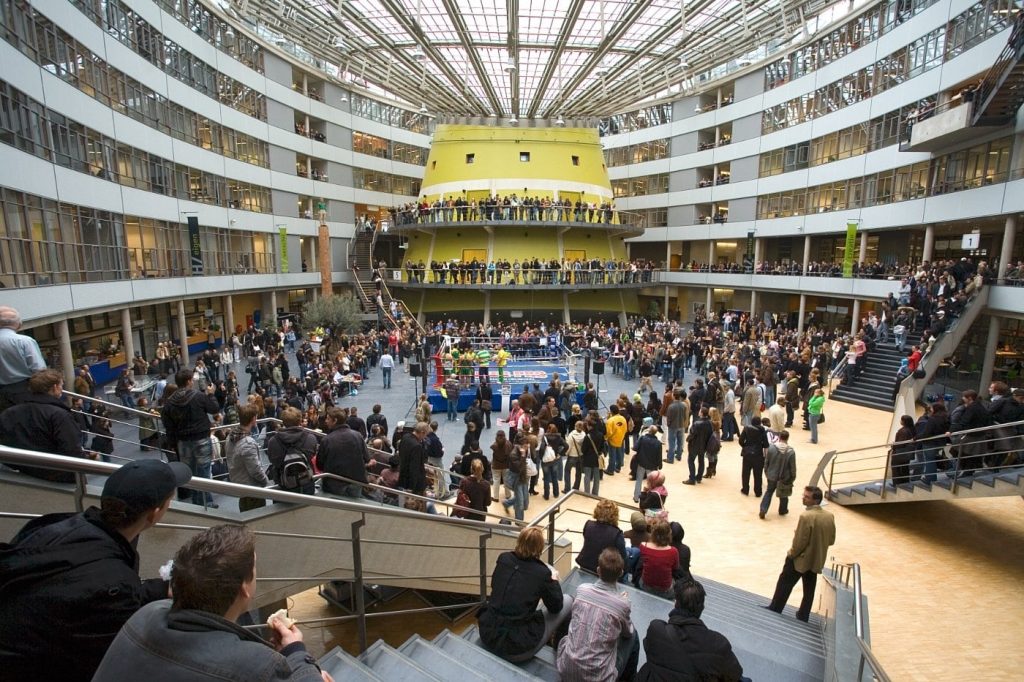
Research Groups
Future Urban Systems (FUS)
Leads the project coordination and contributes to all work packages, especially those related to urban form, stakeholder engagement, and policy links.
Lead: Prof. Dr. Rizal Sebastian
Focus areas:
- Digitalisation for sustainable cities
- Just energy transitions with citizen engagement
- Climate resilience of urban districts
- Circular renovation and heritage preservation
Energy in Transition (EIT)
Offers expertise in district-scale energy modelling and simulation, supporting the design of smart, flexible energy grids and the integration of local renewable sources.
Lead: Prof. Dr. Sander Mertens
Focus areas:
- AC to DC energy systems
- Sustainable district heating
- Hydrogen-based storage
THUAS Team
Prof. Dr. Rizal Sebastian, MSc, BArch
eduPED coordinator, THUAS coordinator, FUS
Eng. Noelle Choong
FUS Researcher
Eng. Tyra Polderman
FUS Researcher
Assoc. Prof. Dr. Baldiri Salcedo Rahola
EIT
Eng. Martijn Kruijsse
eduPED project manager, EIT
Eng. Dean Shenhav
Master student, EIT
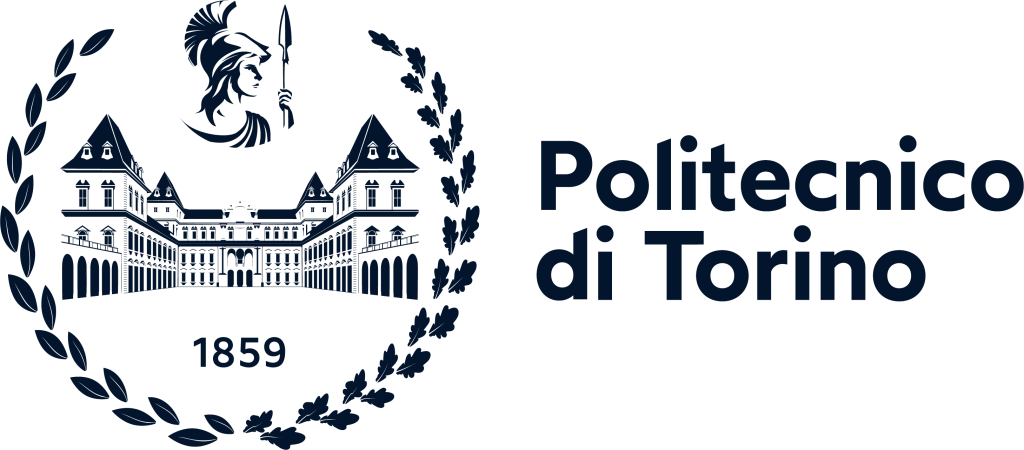
Politecnico di Torino
Politecnico di Torino (POLITO) is a leading public technical and scientific university in Italy, dedicated to teaching and research in all sectors of architecture and engineering.
It has 39700 students and over 1900 professors, researchers, and staff organized in 11 departments. It offers Bachelor, Master, PhD and specialising programmes.
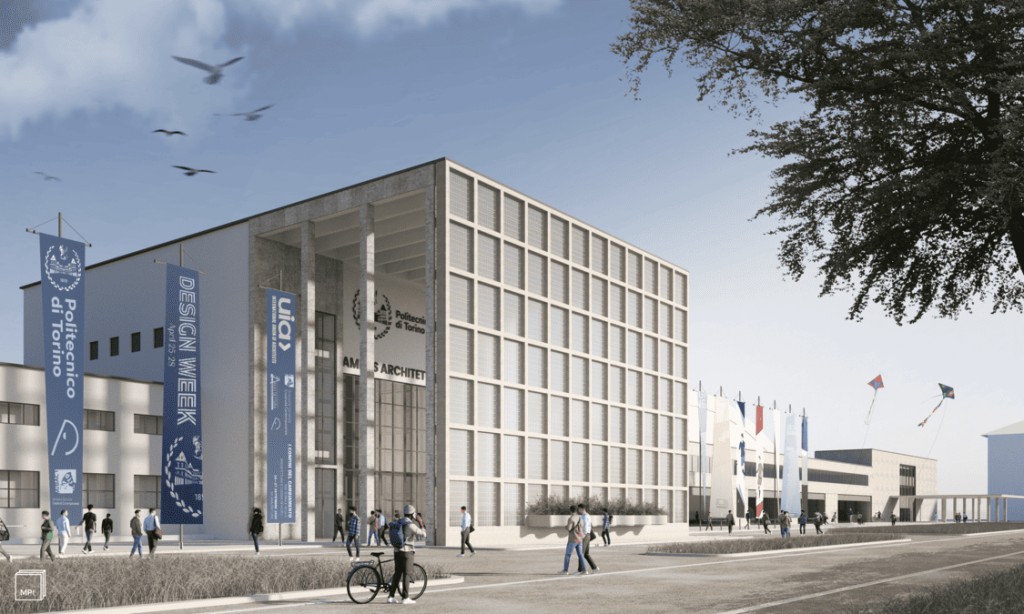
Research Groups
Architecture and Design (DAD)
DAD contributes expertise in urban and architectural design with a focus on sustainability, morphological analysis, and the social dimension of regeneration. It plays a key role in developing PED spatial strategies and leads dissemination and stakeholder engagement activities.
Lead: Prof. Arch. Marco Trisciuoglio, PhD
Focus areas:
- Urban regeneration and climate adaptation
- PED morphology and spatial strategies
- Heritage enhancement and sustainable design
- Stakeholder engagement and communication
Department of Energy (DENERG)
DENERG is responsible for defining and testing retrofit strategies and energy-efficient solutions at the building and district scale. It leads the work on technical interventions for energy refurbishment and contributes to impact simulations and smart energy systems.
Lead: Prof. Stefano Paolo Corgnati, PhD
Focus areas:
- Energy modelling and simulation
- Passive and active refurbishment solutions
- Thermal comfort and climate resilience
- Renewable energy integration and smart grids
POLITO Team
Prof. Arch. Marco Trisciuoglio, PhD
POLITO coordinator, DAD
Prof. Arch. Michela Barosio, PhD
DAD
Arch. Martina Crapolicchio
PhD student, DAD
Arch. Rossella Gugliotta
PhD student, DAD
Assoc. Prof. Cristina Becchio, PhD
DENERG
Prof. Andrea Lanzini, PhD
DENERG
Daniele Schiera
PhD student, DENERG
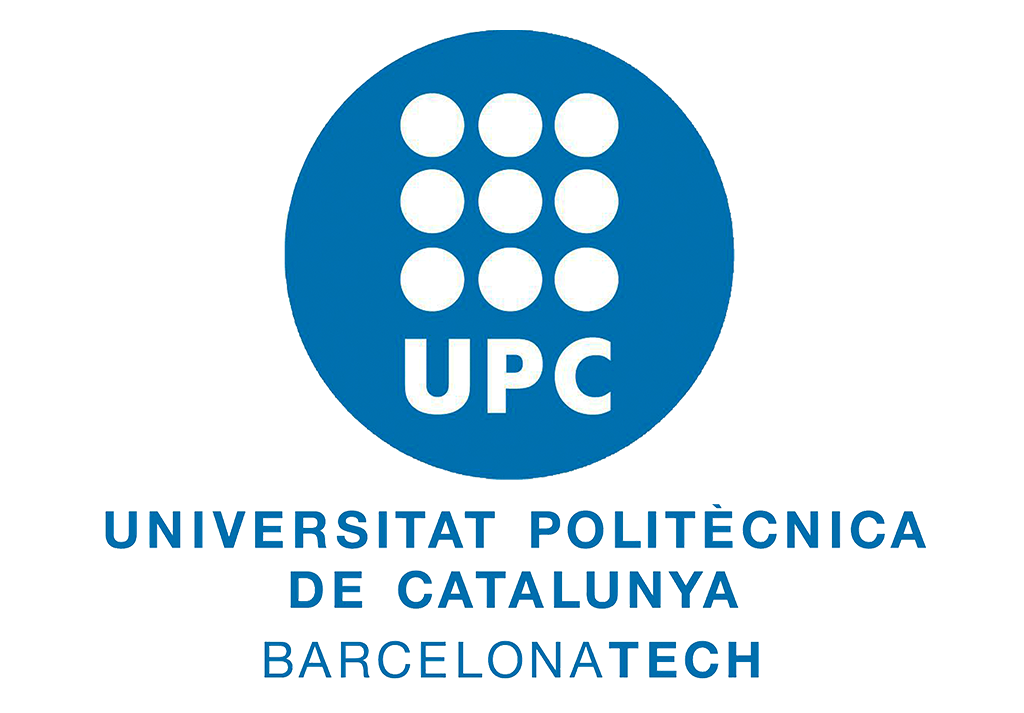
Universitat Politècnica de Catalunya – Barcelona Tech
The Universitat Politècnica de Catalunya (UPC) is a public institution of research and higher education in Spain, specialising in the fields of engineering, architecture, sciences and technology.
In eduPED, UPC is focusing on enhancing climate adaptation strategies in Positive Energy Districts. It brings expertise in climate modelling, thermal comfort, and resilient building design.
The university also contributes supporting urban regeneration, energy refurbishment, and renewable integration.
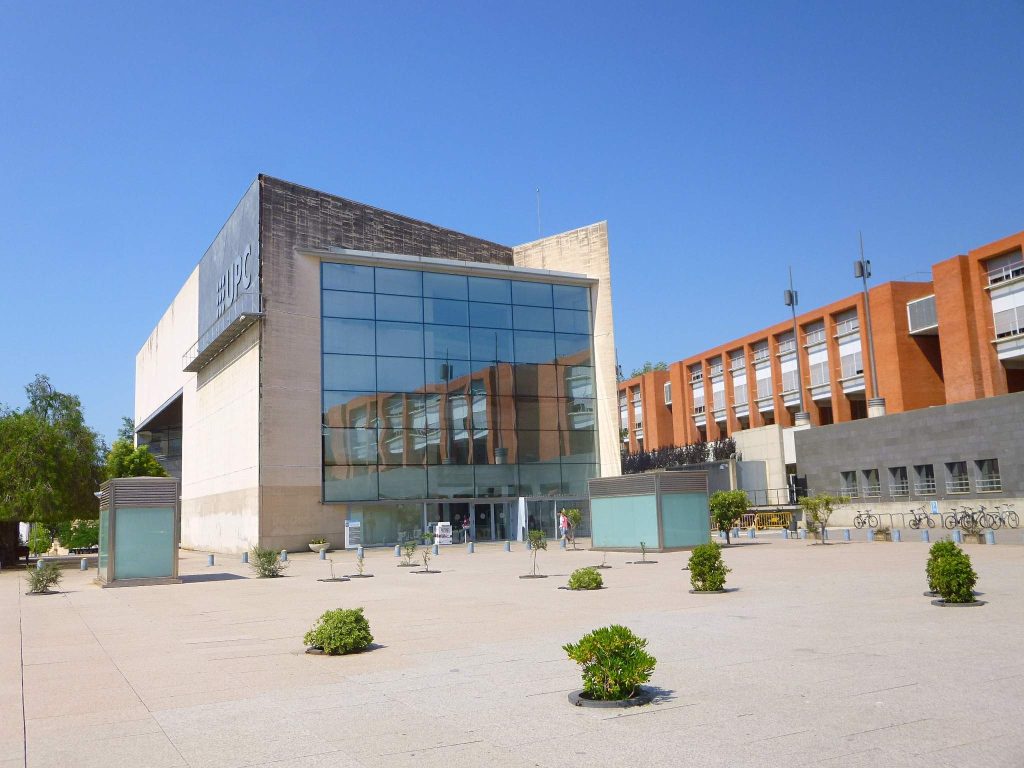
Research Groups
CITES
Addresses the main challenges of sustainable development of current eco-socio-economic systems, in lines of research perfectly identified with (SDGs).
The Green-Energy division of TUAREG
Focuses on energy efficiency and renewable energies, efficient thermal systems and technology transfer. They work on solutions to reduce energy consumption in buildings and urban environments and promote industrial research in this field.
AIEM
Environmental architecture
research. Their research encompasses renewable energy integration, material life cycle, quality of life, bioclimatic architecture, and other fields related to architecture, energy, and the environment.
UPC Team
Assoc. Prof. Dr. Nuria Garrido
UPC coordinator
Assoc. Prof. Dr. Agnese Salvati
Assistant Prof. Dr. Roser Capdevila
Assistant Prof. Dr. Gemma Tejedor
Assistant Prof. Dr. Carlos Fernando Lopez

Universitatea Tehnica din Cluj-Napoca / Technical University of Cluj-Napoca
Universitatea Tehnica din Cluj-Napoca (UTCN) is a technical university in Romania with more than 20000 students and 1800 academic and administrative staff, organized in 12 faculties over two academic centres, namely Cluj Napoca and Baia Mare.
UTCN fully integrates components of the strategic European, national and regional priorities for ensuring convergence with the directions of intelligent economic regional development.
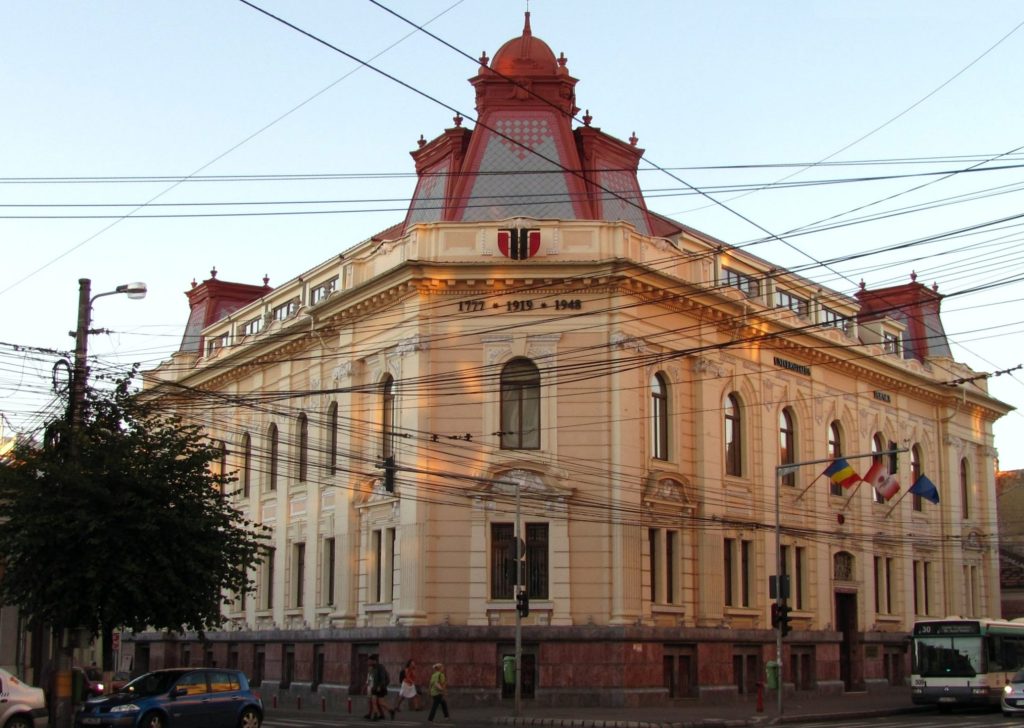
Research Groups
Systems for Providing Indoor Comfort in Energy Efficient Buildings Research Group (SICEEB)
Energy Transition Research Center (EnTReC)
UTCN Team
Assoc. Prof. Eng. Tania Rus, PhD
UTCN Coordinator
Assoc. Prof. Eng. Octavian Pop, PhD
Lect. Eng. Raluca Moldovan, PhD
Lect. Eng. Horațiu Albu, PhD
Lect. Eng. Ana-Maria Moldovan, PhD
Lect. Eng. Constantin Cilibiu, PhD
Eng. Timea Farkas

Graz University of Technology
TU Graz is located in the centre of Graz, the second biggest city in Austria. It comprises 8 faculties and 96 departments and combines its research into five Fields of Expertise: Advanced Materials Science; Human & Biotechnology; Information, Communication & Computing; Mobility & Production; and Sustainable Systems.
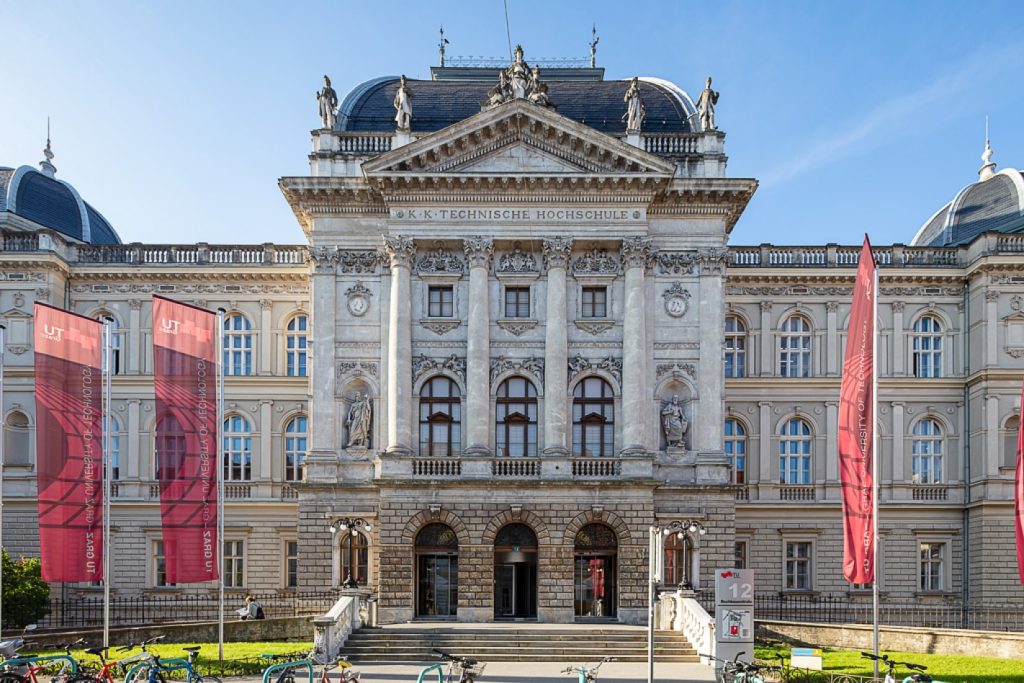
Research Groups
Science, Technology and Society Unit (STS)
Institute of Thermal Engineering (IWT)
IWT focuses on the design, measurement, analysis, simulation and layout of various thermal systems.
Currently the focus is on thermal behaviours of buildings and components, heat pump technology, innovative thermal energy storage, integration of renewable energy sources in grid-bound energy concepts, interaction of thermal and electrical energy systemsand energy related quarter concepts.
TUG Team
Dr. Anna Schreuer
TUG coordinator
Dr. Christian Daye
Dr. Richard Heimrath
Eng. Lisa Fochler
Master student
Organisations
The Romania Green Building Council (RoGBC)
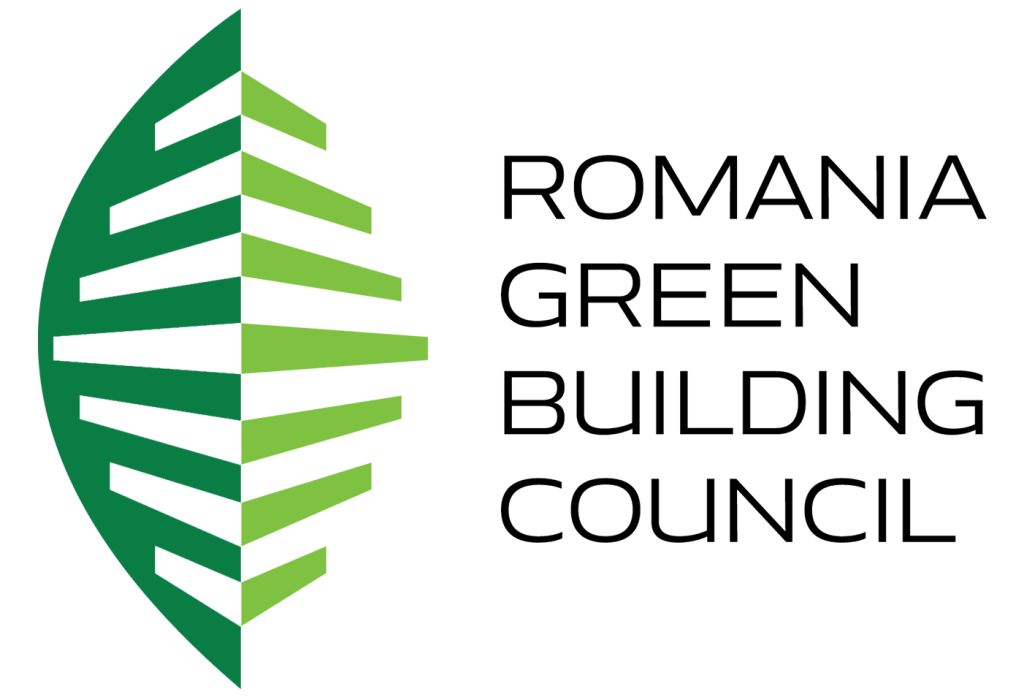
The Romania Green Building Council (RoGBC) is a non-profit organization promoting sustainability and energy efficiency across the built environment in Romania. With a strong network of over 80 member organizations, ranging from architects and engineers to developers and local authorities, RoGBC supports greener practices throughout the building lifecycle.
Within eduPED, RoGBC plays a key role in connecting research with practical implementation. It helps bring real-world insight into the project’s living labs and ensures that results are shared widely and accessibly, encouraging the broader adoption of Positive Energy Districts

DiLT Analytics GmbH
DiLT Analytics GmbH is an Austrian tech company spun out of Graz University of Technology in 2021. With deep expertise in artificial intelligence, energy systems, and software development, DiLT builds smart digital tools to help buildings and urban districts operate more intelligently and efficiently. Their flagship platform, Inframonitor, enables seamless communication between buildings, systems, and users, turning real-time data into better decisions.
In eduPED, DiLT contributes its cutting-edge AI and IoT solutions to support smarter, more flexible energy use in Positive Energy Districts. Their work bridges research and application, helping ensure that future-ready technologies can scale and adapt to real-world needs.
Cooperation Partners
Gemeente Den Haag / City of The Hague

The Hague, the third-largest city in the Netherlands and home to many international institutions, is deeply committed to sustainable urban transformation. As part of the EU Mission for 100 climate-neutral and smart cities by 2030, the city has developed a strong policy framework focused on green, resilient, and energy-efficient neighbourhoods — including initiatives on nature-inclusive building, urban energy, and climate adaptation.
Within eduPED, The Hague plays a key role as a Cooperation Partner, working closely with The Hague University of Applied Sciences to implement the “Paris Proof” campus and the PED Laak Quarter. The city contributes in-kind expertise and supports local stakeholder engagement, with a focus on just energy transitions, inclusive investment strategies, and data-driven decision-making through its Urban Data Lab.
Associazione Urban Lab / Urban Lab Turin
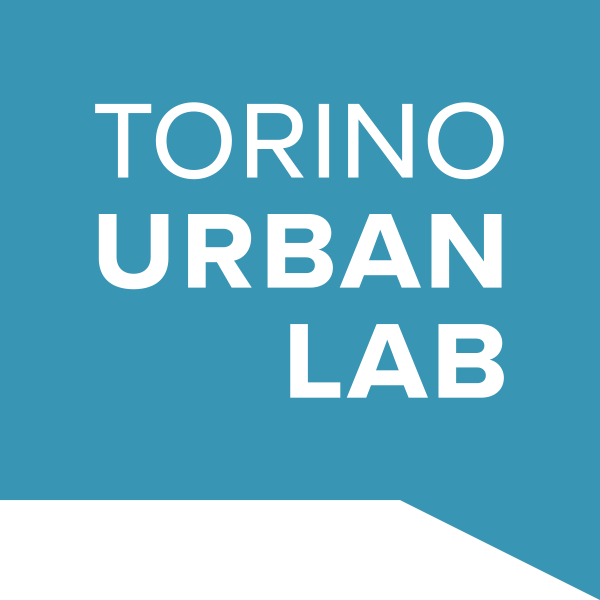
Urban Lab is a non-profit organisation established in 2005 by the City of Torino and the Compagnia di San Paolo foundation. It acts as a bridge between the city’s transformation processes and its citizens, offering tools, knowledge, and spaces for dialogue around urban change. Through mapping, data visualisation, exhibitions, and cultural events, Urban Lab helps both residents and professionals engage with the city’s evolution, from architectural projects to broader sustainability policies.
Within eduPED, Urban Lab leads a local outreach programme focused on climate change, bringing together citizens, students, professionals, and decision-makers to reimagine more liveable and climate-resilient public spaces. It also supports the project by facilitating access to municipal data and connecting local stakeholders, helping to ground technical research in the everyday realities of Torino’s communities.
Ajuntament De Terrassa / Municipality of Terrassa

Terrassa is the fourth-largest city in Catalonia and a growing urban hub with over 225,000 residents. Home to one of the region’s largest university campuses, with 4 universities and over 10,000 students, the city has long invested in education, innovation, and sustainable development. For more than two decades, the Municipality of Terrassa has supported research and knowledge transfer initiatives while fostering strong collaboration between local institutions and industries.
Terrassa has also made bold commitments in response to the climate crisis. Through its Climate Emergency Declaration and Energy Transition Program, the city is working toward a cleaner, more resilient future, with policies supporting renewable energy and emissions reductions.
In eduPED, the Municipality of Terrassa contributes by supporting co-creation activities at the UPC campus, sharing local knowledge and data, and helping to connect the project with key stakeholders across the city. Its role is essential in turning research into real, city-level climate action.
Municipiul Cluj-Napoca / Municipality of Cluj-Napoca
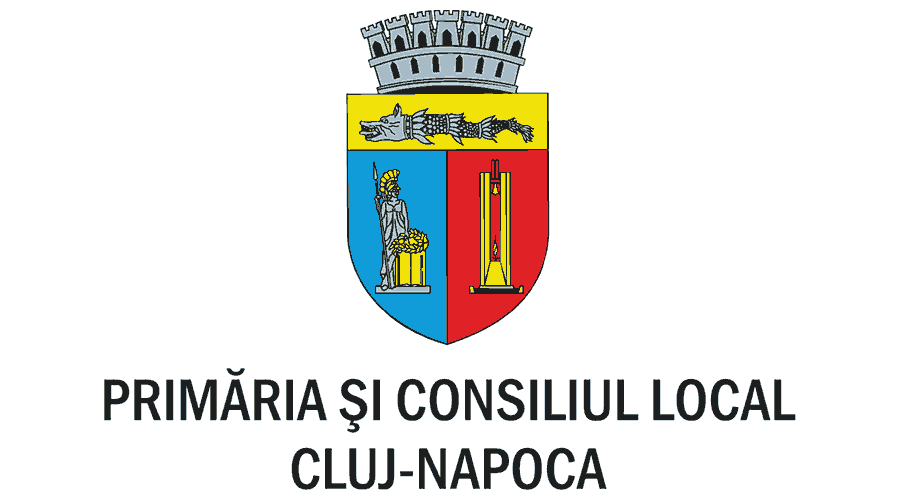
Cluj-Napoca is Romania’s second-largest city and one of its most dynamic urban centers, with a population of nearly 287,000 and a strong presence of young people, one in four residents is under 35. As a major university city with over 65,000 students, Cluj combines academic energy with steady economic growth, making it a vibrant hub for innovation and sustainability.
The city embraces the concept of a living lab – a collaborative environment where new ideas can be tested and refined through partnerships between the municipality, universities, businesses, and civic organizations.
Within eduPED, Cluj-Napoca Municipality supports stakeholder engagement, contributes local knowledge and technical documentation, and helps ensure that results are shared widely. Its involvement strengthens the connection between research and real-life urban transformation.
City of Graz

Graz is Austria’s second-largest city and a recognized hub for education, research, and innovation. With over 300,000 residents and eight universities, it leads in fields like green tech, mobility, and digital sciences. The city is deeply committed to climate action, with key policies such as the Urban Development Concept (STEK 4.0), the 2020 Energy Master Plan, and a comprehensive Climate Action Plan launched in 2020.
Graz is also part of Austria’s Climate Pioneer Cities programme, aiming to develop at least one climate-neutral district by 2030. Through this initiative, the city is scaling up its administrative capacity for climate protection and strengthening collaboration across sectors.
In eduPED, the City of Graz contributes local expertise, supports the Graz living lab, and participates in knowledge exchange to ensure that lessons from the project feed directly into its urban climate strategies.
